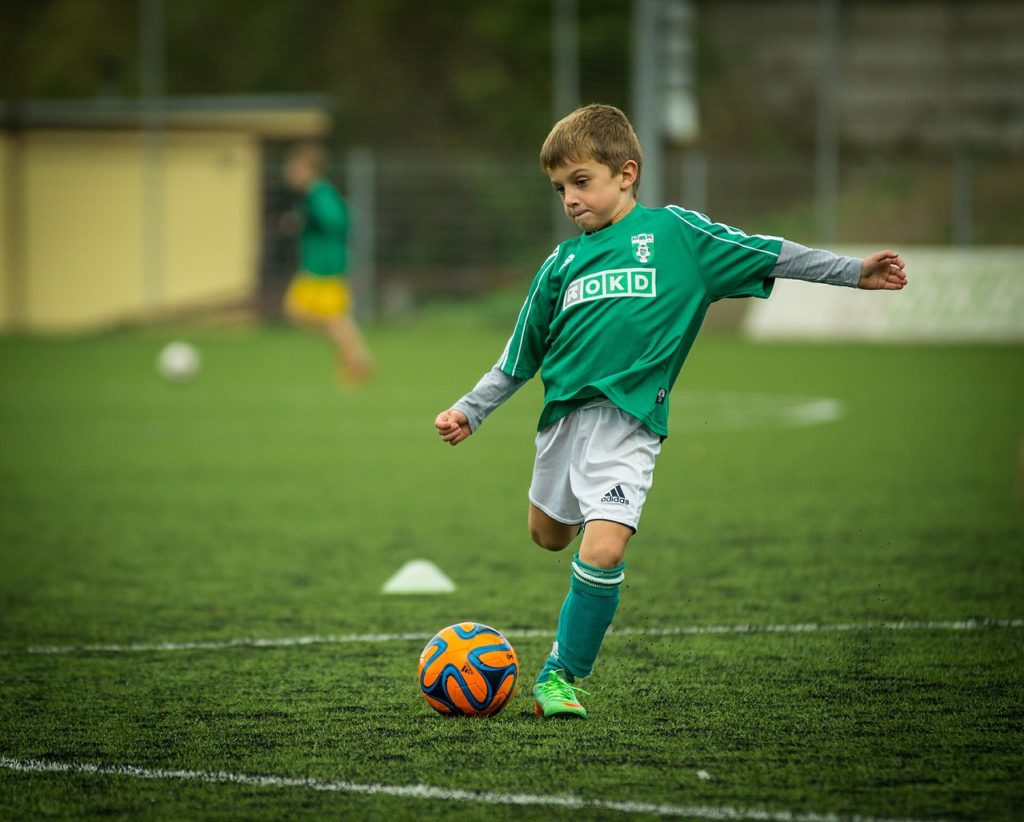Soccer is a sport that has existed for hundreds of years and is played all around the world. However, it could be more dangerous than you may think. Studies have shown that heading soccer balls can cause effects such as personality change, dizziness, neck pain, mental impairment, and abnormal EEG’s.
Research on Short Term Effects
According to the American Psychological Association, a study was done in August 1999 that compared mental performance of 32 college soccer players with college swimmers. The results showed that on 5 out of 11 tests, soccer players scored lower.
A similar study was performed by Dutch Researchers in September 1999 and was published in the Journal of the American Medical Association. 33 soccer players were compared to 27 control participants to test the theory that playing soccer may be related to mild chronic traumatic brain injury. The results of this study showed that soccer players scored lower on tests of memory and planning compared to the control group.
A more recent study done in 2003 by researchers at Florida Tech University found that heading in soccer may lead to a decline in cognitive function, and difficulty with attention, planning, and verbal learning.
Long Term Effects are Controversial
The long term impact of heading in soccer is more controversial. One study found that “players with the highest lifetime estimates of heading had poorer scores on scales measuring attention, concentration, cognitive flexibility and general intellectual functioning.” However, a different study showed that heading had “no significant or strong effect … on neuropsychological performance.” The amount of variables involved with heading, such as speed of the ball and type of contact with the ball, make it difficult to draw any conclusions yet.
Use Caution
Until further studies are done that detail the risks involved with heading, it is best to follow safety precautions while playing. Dr. Lyle Micheli of Boston Children’s Hospital recommends delaying heading of the ball until children are 12 years or older, when neck strength and coordination have developed sufficiently. He also recommends educating players about proper technique, strictly enforcing rules, and using balls that are the appropriate size and weight for the child’s age.

